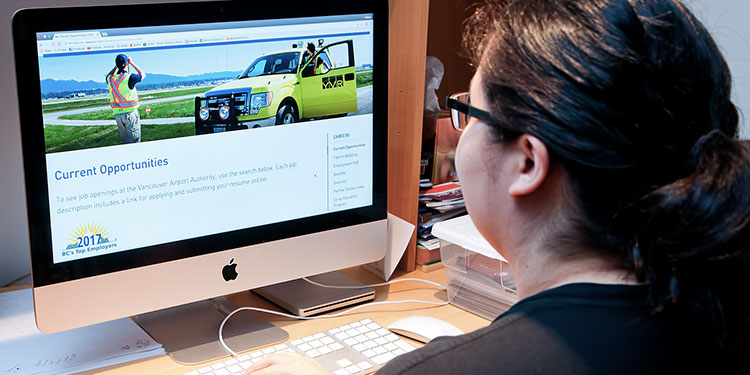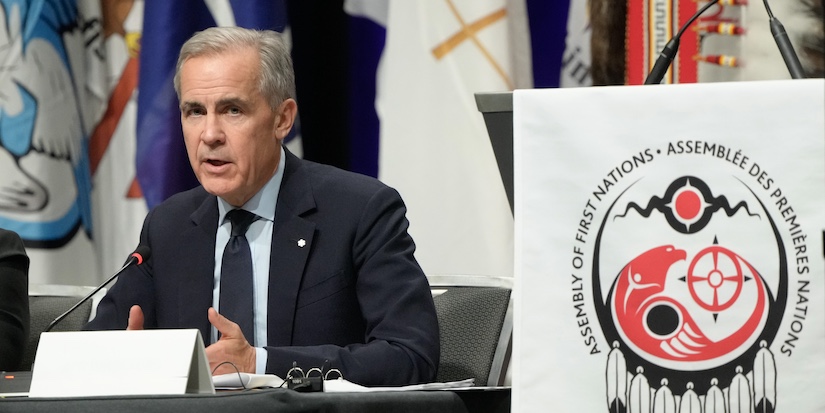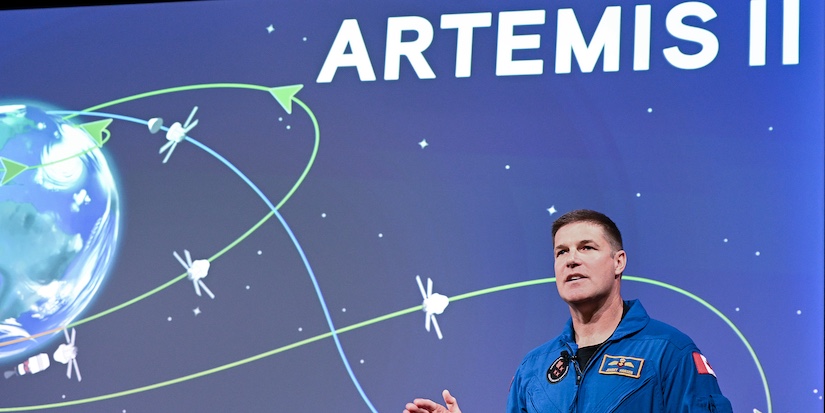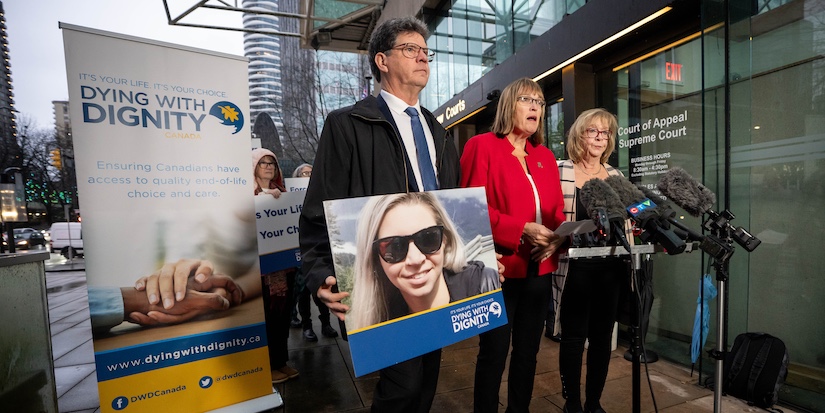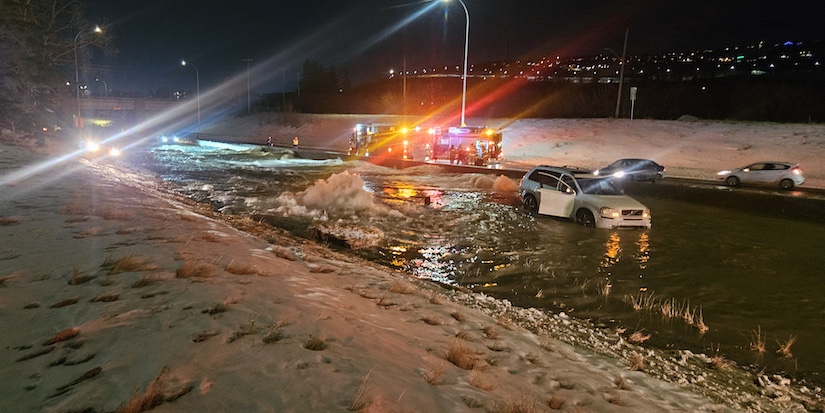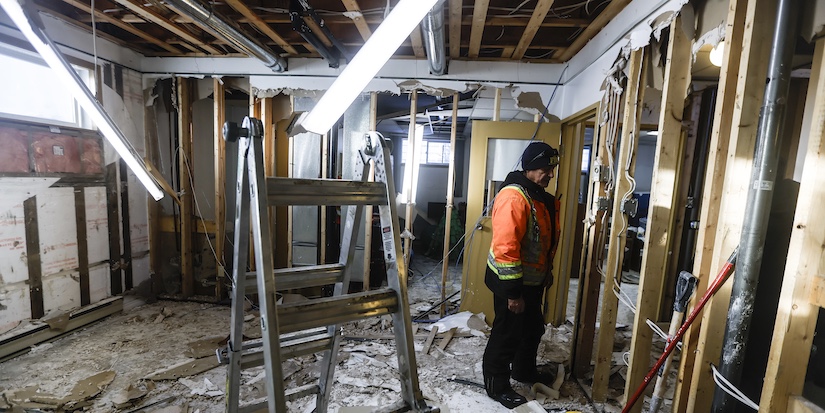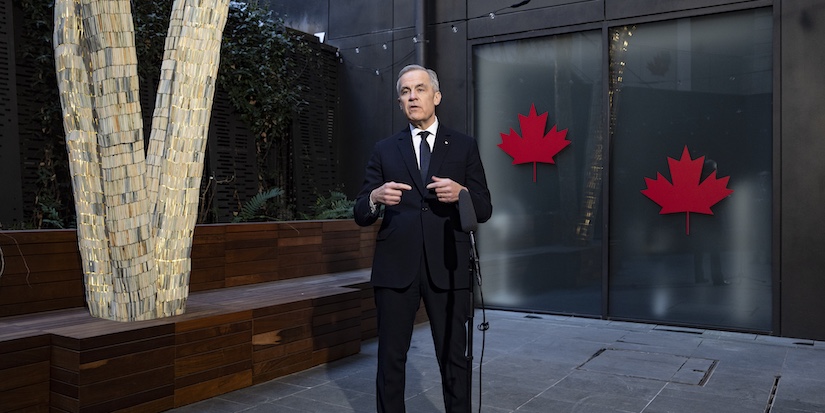Latest News
Flexibility is key in choosing career path
What are your career plans?
It’s a question every high school student is
sick of answering, but obviously one that demands plenty of consideration.
In an increasingly competitive world, being
adaptive is a particularly valuable resource.
“My advice? Making post-secondary decisions
is big and students should do a lot of research,” says Chris Kennedy, a
Richmond resident and superintendent of schools in West Vancouver. “The world
of work is changing quickly, so relying on outdated information can put you at
a disadvantage.”
Kennedy says school-based career education
programs, including working closely with counsellors, is a good place to start.
“Sometimes it is just as important to find
out what you don’t want to do, as to discover your passions,” he says. “There
are also a number of free or low-cost online tools that students and their
families can access. If students are looking to go to school in the United
States, Europe, or earn a sports scholarship, they may want to consider the
assistance of an outside support service.”
Kennedy encourages students to enter the
conversation with an open mind. He says if they want to go to UBC or take
sciences, talk to students already enrolled there, and get as much feedback as
possible before making a decision.
“And we know that students are going to have
a range of careers over their lifetime, so look for programs that prepare you
for a range of careers not just one occupation.”
For high school students looking at
post-secondary, Kennedy says among a range of ways to gain assistance are
numerous online programs, including the popular myBlueprint at myblueprint.ca
which helps guide students through the process.
“Some do it on their own and others do it
through their school,” he says. “I think this is a good one for helping
students organize their thinking.”
Another popular program is Career Cruising
which is global in its reach at public.careercruising.com/en.
Kennedy says many parents and students are
also now looking to supplement the school counselling services with outside
consultants like Options Solutions at optionsolutionsed.com particularly
helpful for students going out of province.
“It can be daunting that schools around the
world have different requirements,” Kennedy acknowledges.
Athina Nourali, a 2017 Richmond high school
graduate, is entering her first year of college in studies geared toward a
possible career in psychology. She says she decided to pursue this career path
based largely on “on-line influence and what others were taking,” but had been
interested in the field as far back as Grade 9.
“I kind of knew then I was interested but
there weren’t any courses in psychology for me,” she says. “It would have been
nice if they were more specific courses for certain career paths, but I don’t
think it held me back in any way.”
While many studies suggest people in Nourali’s
age group are likely to have more than one career in their lifetime, she says
many of her friends are set on having just one.
Volunteering provides a great opportunity to
get a career dress rehearsal, says DiAnne Simonson, who teaches leadership at
Richmond’s R.A. McMath Secondary School.
“I feel for those kids who feel a lot of pressure
(to decide on a career while still in high school),” she says. “I often say
find something you love. How do you know your calling? If you volunteer you may
get to experience some of the activities in that subject area and if that
appeals to you I believe that’s your heart talking, especially if you excel at
it.”
Now employed in various fields, many of
Simonson’s former students contact her seeking volunteers to assist with
projects they are leading. Following the project, Simonson always encourages
those ex-students to share their personal career journeys.
Simonson says many students imagine pursuing
one career, and sometimes even begin their post-secondary studies related to
that field, before changing their minds. She stresses there is nothing wrong with
changing. She also says there’s no shame in taking a gap year or working for a
year after high school graduation.
“Every skill is an asset and transferrable,”
she explains.
